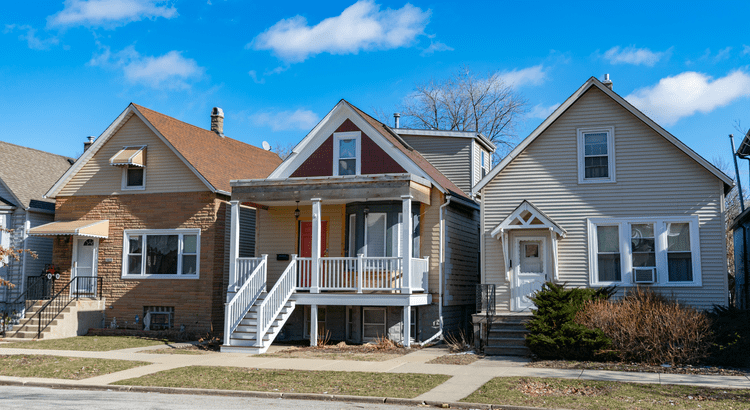Baby Boomers Heading Back to the City
Unlike previous generations, many baby boomers aren’t planning their retirement in sunny southern locales. Instead, more are choosing to move back to metro areas they had left when they started raising a family in the suburbs.
Read more: Top Community Features for Baby Boomers
Baby boomers, those born between 1946 and 1964, are the largest and wealthiest generation to ever retire and they're making their imprint and redefining urban centers.
Developers are taking notice. “Larger and more expensive city residences chock-full of active senior–friendly amenities, like round-the-clock concierge services, are going up across the country, and more upscale, boomer-targeted shops and restaurants are opening their doors to serve these newly minted urban dwellers,” realtor.com® notes.
About 11 percent of home buyers aged 50 to 59 closed on homes in urban areas and central cities from July 2013 through June 2014, according to a 2015 report by the National Association of REALTORS®. However, that percentage is rising, up to 13 percent this year. Baby boomers are estimated at 74.9 million people so even the slightest percentage jump equates to a dramatic shift.
Some of the most walkable urban centers and college towns are seeing some of the highest growth from baby boomers moving in, says Jonathan Smoke, realtor.com®’s chief economist. They tend to be drawn to the condos, nearby restaurants and shops, cultural venues, as well as places where they can take classes and workshops.
“The interesting trend is that the places where many young people want to live are the same places where many retirees want to live,” Smoke says.
New buildings are offering amenities to cater to this demographic, such as concierge services similar to hotels that help them with everything from dog walking to planning parties. Builders are also constructing more urban two-bedroom residences with dens and expanded laundry rooms (that can also be repurposed as hobby, craft centers, or miniature offices), says Isabell Kerins, a director of product and business development at John Burns Real Estate Consulting.
Also, more high-end dining boutiques, art galleries, theaters, and cultural organizations are moving in to downtowns to appeal to boomers’ who may have more leisure time and more money to spend than younger residents, says Harris Steinberg, executive director of the Lindy Institute for Urban Innovation at Drexel University.
Developers also are creating more “urban suburbs” to appeal to boomers who want the urban lifestyle but don’t want to move into the city core. For example, some builders are looking to create walkable areas in suburbs with condos near restaurants and retail to appeal to baby boomers urban desires.
Source: “Reverse Migration: How Baby Boomers Are Transforming City Living,” realtor.com® (May 17, 2016)


No comments:
Post a Comment